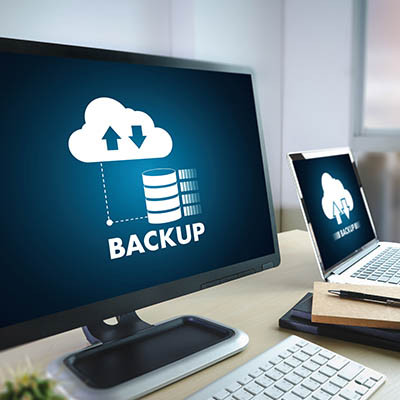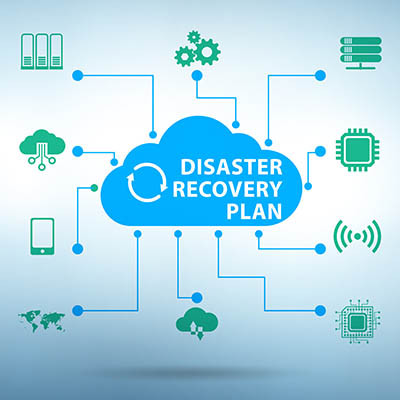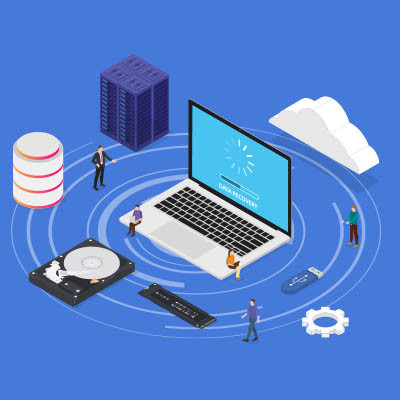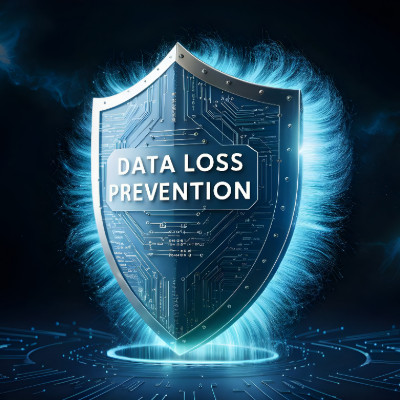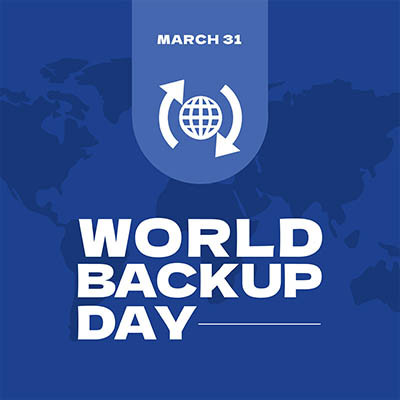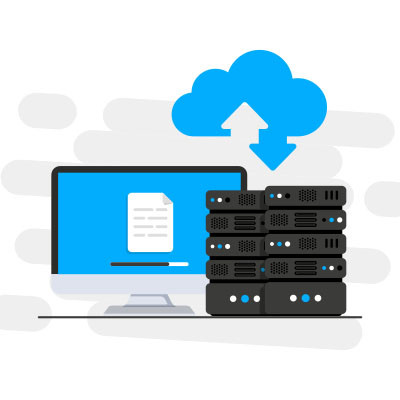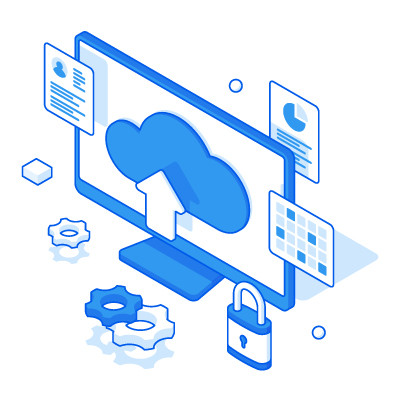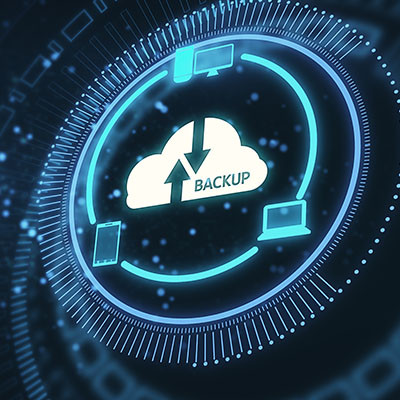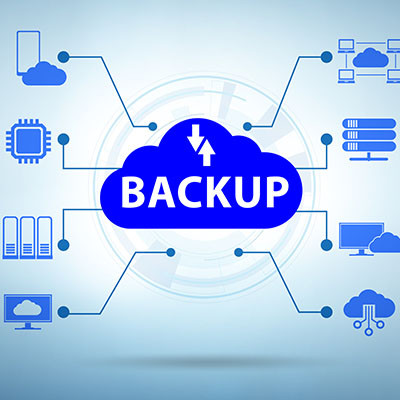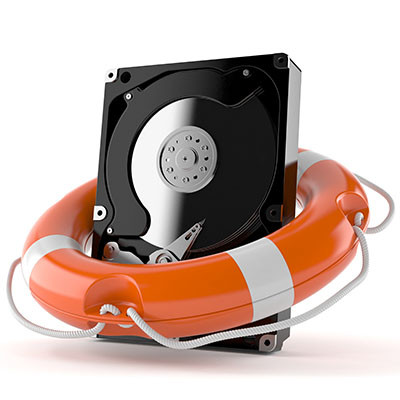Remember tape backup? For some SMBs who have moved on, this form of data backup is a clunky and frustrating relic of the past. But if you aren’t remembering it and are instead still dealing with it, you might be experiencing some operational frustrations of your own. Today, we want to cover a better solution—one that takes the unpredictability out of business continuity.

Preferred Blog
Preferred has been serving the Tinley Park area since 1991, providing IT Support such as technical helpdesk support, computer support, and consulting to small and medium-sized businesses.
0 Comments
It is remarkable how much more capacity our data storage tools have than they had upon their initial invention, and how much data we’ve amassed in that time. The first-ever commercial hard drive was the size of two refrigerators, and held a mere five megabytes of data. For context, that’s about five photographs. Today, hard drives hold exponentially more data, and it is critical that you are doing everything you can to protect this data from any circumstance, from fire, severe weather, or cyberattack.
So, are you? Too many business owners aren’t sure… but there’s a way you can be.
What would you do if your entire infrastructure were impacted by ransomware all at once? Do you have a contingency in place to address this risk, or are you going to “wing it” in the face of such a threat? The smart answer is that you’ll be prepared, and a data backup and disaster recovery solution (or BDR) plan will help you do just that.
Any business can face a variety of disruptions, from natural disasters to cyberattacks. While many organizations understand the importance of preparing for the unexpected, not all of them have a solid plan in place. A well-crafted business continuity plan (BCP) is crucial for protecting your employees, customers, and bottom line.
Here are some key dos and don'ts to consider when creating your business continuity strategy.
You know your business needs data backup, but do you understand why? Simply put, your business is at risk of total annihilation if it doesn’t have a plan in place to recover lost data, and you don’t want that impending doom hanging over your head. If you’re wondering where to get started, here are three types of data that you should absolutely prioritize with your backups.
That said, you want to back up all data if you can, but these are three that we think are especially important to consider.
We need to talk about something that is as exciting as watching water boil, but it might just save your entire business one day: backing up your data.
I know, I know. You're busy doing your thing, closing deals, and you’re busy. The last thing on your mind is where your files are outside of your server. The truth is, it’s not very interesting, but it sure is important.
We’ve all felt that mini-panic that happens when our personal technology glitches. Not a great feeling. That’s just if your microwave is on the fritz, or your smartphone fell in the toilet. We all depend on multiple devices each day, but for a business owner who is responsible for so much, technology failure really isn’t an option. This month, we thought we’d go into how technology outages can impact a business to give you a better perspective of just how much is at stake.
Cyberthreats aren’t just occasional inconveniences, especially nowadays. They are constant, evolving, and some are so highly sophisticated that you can hardly blame yourself if you fall victim to them. This is why proactivity is so important. Businesses that take a reactive approach to cybersecurity find themselves in a never-ending cycle of damage control. Without a purposeful cybersecurity strategy, any organization faces recurring breaches, data loss, and ultimately a situation where customer distrust can result in the company's financial ruin. This month, we thought we would take a look at why having a comprehensive cybersecurity strategy that addresses these risks is so critical for the modern business to accomplish.
There are plenty of reasons why a business might lose some or all of its data, ranging from cyberattacks to hardware failure. Unfortunately, there isn’t any real reason your business won’t be one of the unlucky ones.
This makes it imperative that you prepare for this eventuality. Let’s discuss how to do so with the help of data redundancy.
There you are, working on the most important project of your career. You’ve worked through the initial problems and are making progress, and then your computer crashes. Panic sets in. You reboot, hoping that will fix the problem. It doesn’t. This is the nightmare scenario that haunts businesses and individuals alike. If you don’t have a solid backup plan, you’re one spilled coffee or rogue virus away from disaster.
Running a business is basically a never-ending series of potential disasters just waiting to happen. Some are easy to fix, change a process here, tweak a strategy there—but others? They can completely derail your operations if you’re not prepared. That’s where smart technology steps in to save the day.
Let’s look at some nightmare scenarios that could spell disaster unless you have the right IT in place.
To keep your business running smoothly, even if something goes wrong—like a power outage, cyberattack, or other disaster—you need a reliable way to protect your data. That’s where data backup comes in. It’s important to make sure your backup is thorough and trustworthy so you can recover if things go south.
Other than the innovative jump from tape, data backup hasn’t seen too many great leaps forward, so to speak. Sure, businesses don’t have to worry about resource-intensive manual backups anymore, but the standard approach is so rock-solid that innovation isn’t necessarily needed at this point. Today, we are exploring the backup and disaster recovery process and how modern-day solutions have made an effective tool even better.
Nostalgia is a powerful force. It can drive us to look to the past for things we once loved, such as the music we listened to over the years. However, what if the music you loved was lost forever?
This could be the case for many, as older hard drives that archive this music have been discovered to have failed. Let’s examine the situation to see what lessons any small-to-medium-sized business can learn.
Business can get messy, particularly when variables outside your control are involved, which could spell doom for your organization. We’re talking, of course, about instances where your organization might be under a particularly large threat—instances where your data is at risk, which could jeopardize your future. Thankfully, there are options to mitigate this risk.
Sign Up for Our Newsletter
Latest Blog Entry
When I talk with business owners about their IT challenges, the conversation often starts with what’s broken: the outage that halted operations, the cybersecurity scare that rattled the team, or the systems that can’t keep up with growth. Those moments feel urgent because th...
Latest News
Preferred Communication Systems Acquires Business System Solutions’ Grand Rapids Operations, Expanding Midwest Footprint
GRAND RAPIDS, MI, UNITED STATES, December 3, 2025 -- Preferred Communication Systems (Preferred), a leading provider of Managed IT and Cybersecurity services headquartered in Chicago, Illinois, proudly announced the acquisition of Business System Solutions’ (BSS) Grand Rapids location.
This strategic acquisition enhances Preferred’s presence in the Midwest and strengthens its commitment to helping small and mid-sized businesses achieve peace of mind and a better bottom line through technology.


